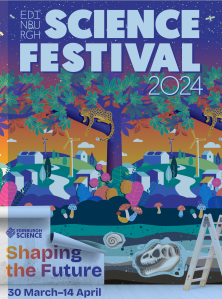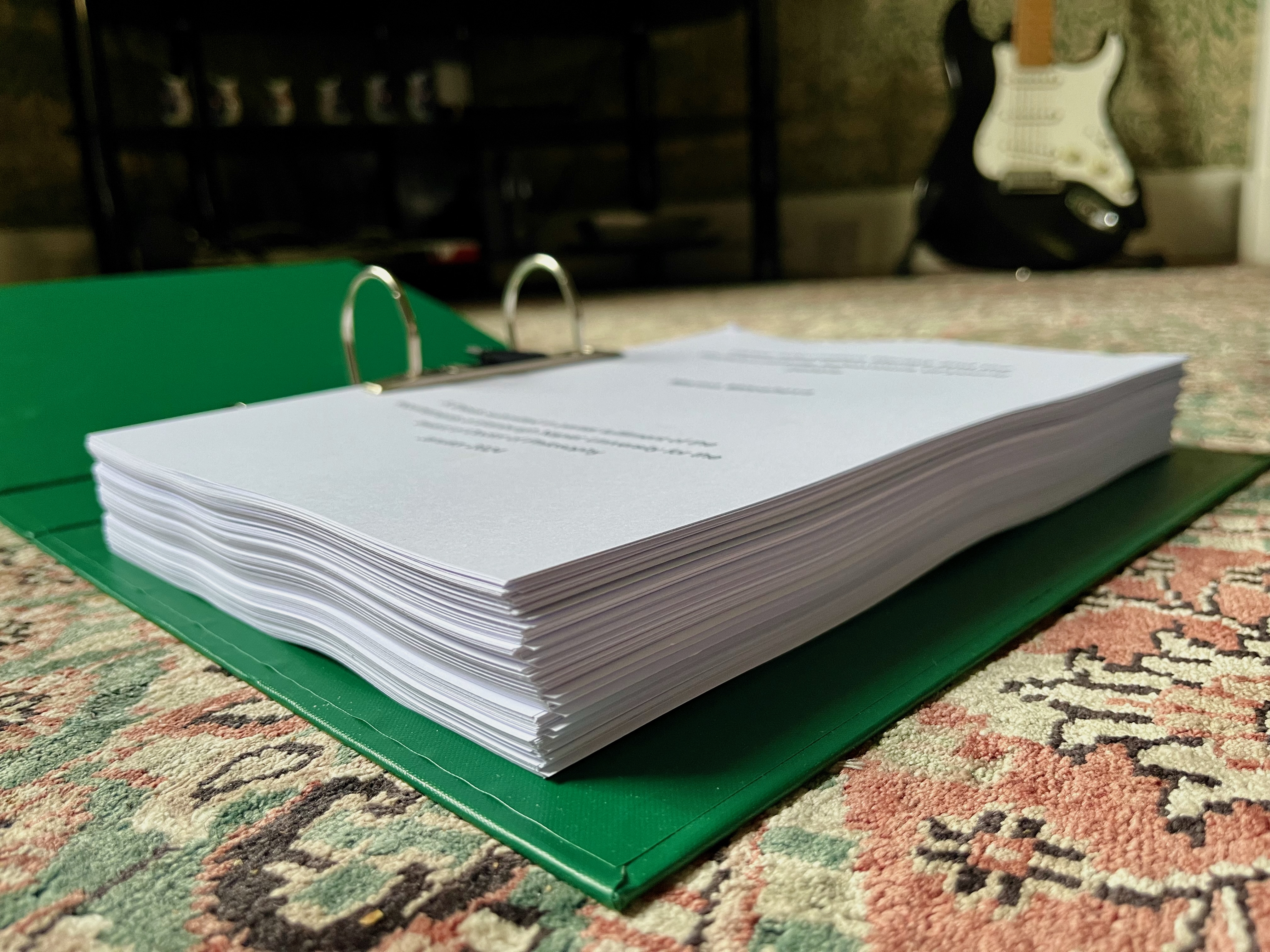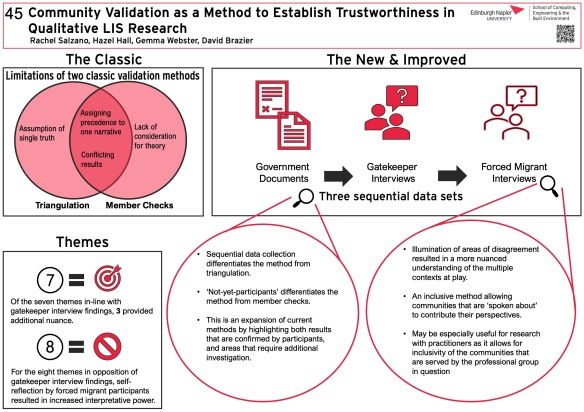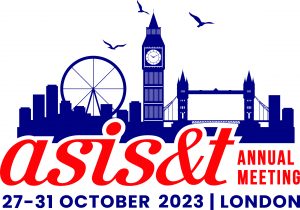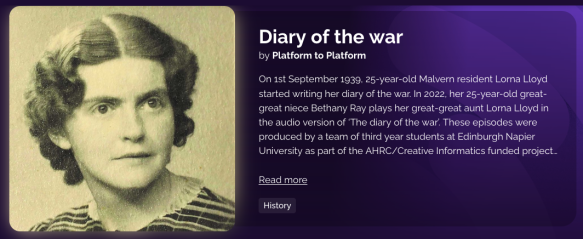One of the questions most often asked of doctoral students is What are you going to do when you finish your PhD? For some students it is also one of the most dreaded, especially when it comes from family members or friends who barely understand the topic of the doctoral research in question. An obvious, and truthful, answer is ‘No longer work on my thesis’. However, this isn’t really a suitable response. The questioner is interested in hearing about ‘proper’ job ambitions, and the value of these to a successful future career.
A couple of weeks ago when I posted about Marina’s Milosheva‘s first postdoctoral role following successful completion of her doctoral study in March, I thought about the job destinations of other PhD students that I have supervised over the years. This led me to contact them to ask if they had any news to share. Ten replied and gave permission for me to include their details in the round-up below. I don’t know whether or not they would have predicted the course of their careers when answering the question cited above. However, the information below serve as useful illustration of opportunities for PhD students whose doctoral studies have covered a range of topics.

2015 PhD graduates Dr Hannah Rudman and Dr Louise Rasmussen
Next year it will be a decade since Dr Hannah Rudman and Dr Louise Rasmussen crossed the stage to collect their Edinburgh Napier University degrees on July 6th 2015. Both completed their PhDs part-time: the former on disruptive technologies and organisational transformation in the creative industries; the latter on knowledge working as a management innovation. Hannah’s doctoral qualification has enabled her to continue working as an action researcher in different contexts, including academia and the emerging natural economy sector. Earlier this month she began a new role as Senior Research Fellow at the James Hutton Institute. Alongside this, Hannah holds a part-time position as Business Development Director at Highlands Rewilding. Hannah is also a member of the Board of Trustees for the National Galleries of Scotland. This is the body for which (coincidentally) Dr Louise Rasmussen works as a Records and Information Manager. Louise’s main responsibility is to ensure that her public sector employer complies with the Public Records (Scotland) Act 2011 through effective and efficient record keeping. She is also currently co-leading a business change project, and (I expect) drawing on her expert knowledge of the challenges of such work garnered when she undertook her doctoral research.

2018 PhD graduate Dr John Mowbray and Professor Hazel Hall
Another pair of PhD graduates who have connections to the same organisation are Dr John Mowbray, who graduated in 2018, and Dr Lyndsey Middleton, who graduated in 2020. Both now work for the Scottish Government. The topic of John’s PhD was social networking and career management skills; Lyndsey’s was innovative work behaviour. John, who first worked for the NHS and then the University of Glasgow following graduation, is currently a Research Officer, Social Security Analysis, Forecasting and Evaluation, in the Scottish Government’s Communities Analysis Division. His work mainly comprises evaluating low income benefits, and providing general research support for his policy colleagues. Lyndsey has worked for the Scottish Government since before she finished writing up her thesis. She was permanently promoted to the position of Senior Assistant Statistician within the National Performance Framework Evidence and Reporting Team in December 2023 (a role that she had previously held on a temporary basis). Lyndsey also has some exciting personal news: she is expecting a second baby in October 2024.

2020 graduate Dr Lyndsey Middleton and her completed PhD thesis
Yorkshire has proved an attractive destination for two of my PhD graduates. Dr Alicja Pawluczuk, who graduated in 2019, has been working at the University of Leeds for just over a year as a Digital Equity Research Fellow for the INCLUDE+ Network. This role builds on Alicja’s PhD research on the social impact of youth digital culture co-creation, and her wide experience in digital development with a range of clients and employers both in the UK and internationally, from community groups to organisations such as the University of Liverpool, the United Nations University in Macau, and the Council of Europe Youth Partnership. About 40 miles south of Leeds, Dr Leo Appleton, who graduated on the same day as Dr Lyndsey Middleton in 2020, has established a second career as a Senior University Teacher in the Information School at the University of Sheffield following over two decades as a librarian, mainly in further and higher education. Since last September, he has served as the Director of Education for his department. Leo’s PhD topic was the role of English and Scottish public libraries in the public sphere.

2019 PhD graduate Dr Frances Ryan
Dr Frances Ryan, who graduated in 2019, and Dr Rachel Salzano, who graduated in 2023, are also pursuing careers as academics, both currently at Edinburgh Napier University. They are now colleagues (rather than students) within the Social Informatics Research Group (jumping from page 3 to page 2 of the research group’s flyer). Frances, whose PhD topic was personal online reputation management, returned to Napier in November 2021 as a lecturer after two and a half years in postdoc roles at the Universities of Dundee and Aberdeen. She has recently taken on the responsibility of Programme Leader for the University’s IT Management for Business Graduate Apprenticeship scheme. Meanwhile Rachel took up a fixed-term lecturer post soon after completing her PhD on public libraries, forced migrants, and culture and is currently seeking a more permanent academic role, either in Scotland or beyond.

2023 PhD graduate Rachel Salzano
The last two of my former PhD students who were recently in contact with me both already work abroad. Dr Iris Buunk is Responsable de l’information scientifique at the Haute école de gestion de Genève in Switzerland. This is Iris’ second job since graduating in 2020. Previously she was the

2021 graduate Dr Ming (Vincent) Zhan and Professor Gunilla Widén at Vincent’s viva



 The collaborative use of career information by young people and career advisers: a thematic content analysis of career counselling records
The collaborative use of career information by young people and career advisers: a thematic content analysis of career counselling records